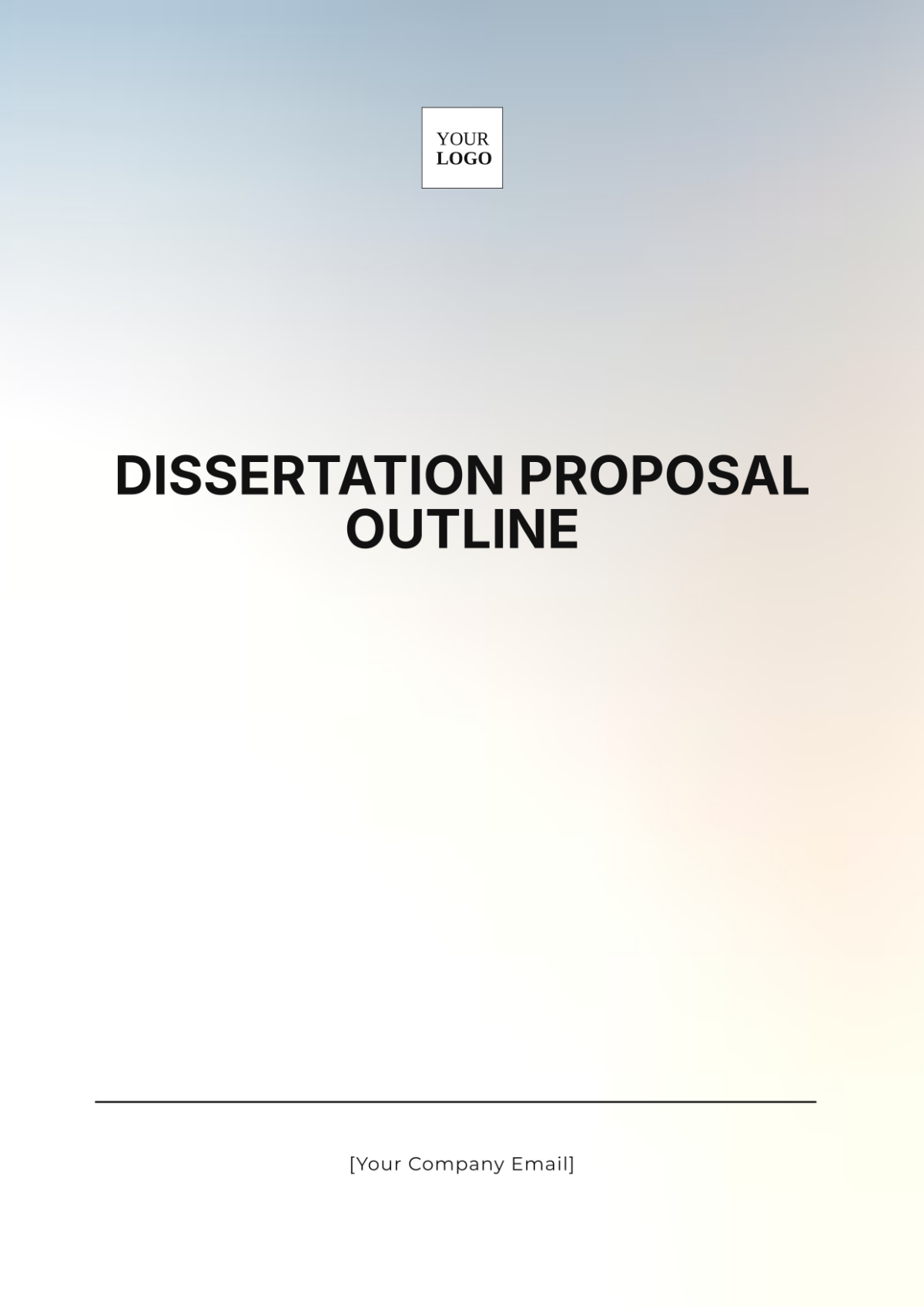Doctoral Dissertation Proposal
Introduction
The rapid integration of digital education platforms in schools has brought about significant changes in teaching and learning. However, there remains a gap in understanding the varying impacts of these platforms on students in different geographical settings, specifically between urban and rural schools.
Research Questions:
What are the effects of digital education platforms on student performance in secondary schools?
How do the impacts of digital education platforms differ between urban and rural school environments?
Objectives of the Research
To evaluate the effectiveness of digital learning tools in enhancing student academic performance.
To compare the usage, accessibility, and outcomes of digital platforms in urban and rural schools.
To provide evidence-based recommendations for policymakers on improving digital education across different regions.
Significance of the Study:
This study will contribute to understanding the benefits and challenges associated with digital education platforms in diverse environments, providing valuable insights for educators, policymakers, and developers of educational technologies.
Literature Review
Existing Research:
Research has shown that digital platforms can enhance student engagement and offer personalized learning experiences (Creswell & Creswell, 2017). However, much of the literature focuses on urban areas, where technology infrastructure is more advanced. In contrast, rural schools face unique challenges, such as limited internet access and lower digital literacy among teachers (APA, 2020).
Gaps in Literature:
While numerous studies highlight the potential of digital education in urban settings, few address the disparities in access and outcomes in rural areas. This research aims to fill this gap by exploring how location affects the use and success of digital learning platforms.
Proposed Contribution:
By examining both urban and rural schools, this study will provide a comparative analysis that highlights key differences in educational outcomes, potentially influencing future investments in rural education technology.
Methodology
Research Design:
This study will utilize a mixed-methods approach, combining quantitative data from standardized test scores with qualitative interviews with teachers and students.
Data Collection Methods:
Surveys and Questionnaires: Administered to students and teachers to gather insights into their experiences with digital platforms.
Interviews: Conducted with school administrators to understand the broader institutional challenges in integrating digital platforms.
Observations: Classroom observations to assess the practical application of digital tools in real-time learning environments.
Sampling Strategy:
Thirty secondary schools will be selected for this study—15 urban and 15 rural—ensuring a diverse representation across different regions.
Data Analysis Techniques:
Quantitative Analysis: Statistical analysis of test scores to measure improvements in student outcomes.
Qualitative Analysis: Thematic analysis of interview and observation data to identify common challenges and successes in both environments.
Ethical Considerations:
Informed consent will be obtained from all participants, and data will be anonymized to protect the privacy of individuals and institutions involved.
Expected Results
The anticipated outcomes of this research are that digital education platforms will show a significant positive effect on student performance in both urban and rural schools. However, rural schools are likely to face greater barriers, such as limited access to technology and inadequate teacher training. This study expects to provide recommendations for overcoming these challenges, including targeted investments in infrastructure and professional development for teachers in rural areas.
Timeline
Stage | Deadline |
|---|---|
Literature Review | Month 1-2 |
Data Collection (Surveys, Interviews) | Month 3-5 |
Data Analysis | Month 6-7 |
Writing the Dissertation | Month 8-10 |
Final Review and Submission | Month 11-12 |
Conclusion
A well-structured doctoral dissertation proposal plays a critical role in securing approval for a research project. This proposal clarifies the research problem, reviews relevant literature, presents a detailed methodology, and outlines a realistic timeline. By addressing each of these components thoroughly, the research not only demonstrates feasibility but also builds a solid foundation for a successful doctoral dissertation.
References
American Psychological Association. (2050). Publication Manual of the American Psychological Association (7th ed.). APA.
Modern Language Association. (2056). MLA Handbook (8th ed.). MLA.
Creswell, J. W., & Creswell, J. D. (2057). Research Design: Qualitative, Quantitative, and Mixed Methods Approaches (5th ed.). SAGE Publications.





























